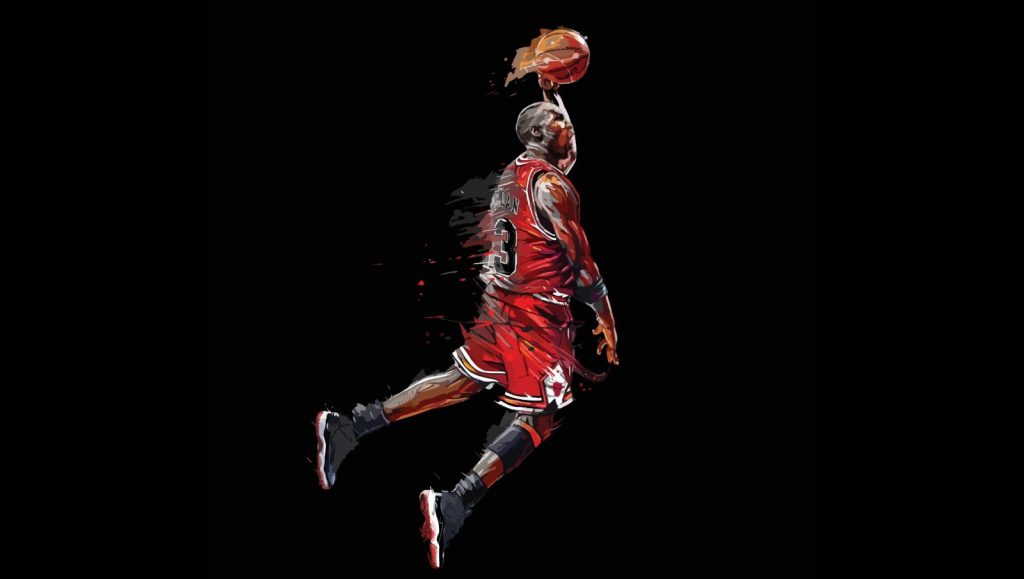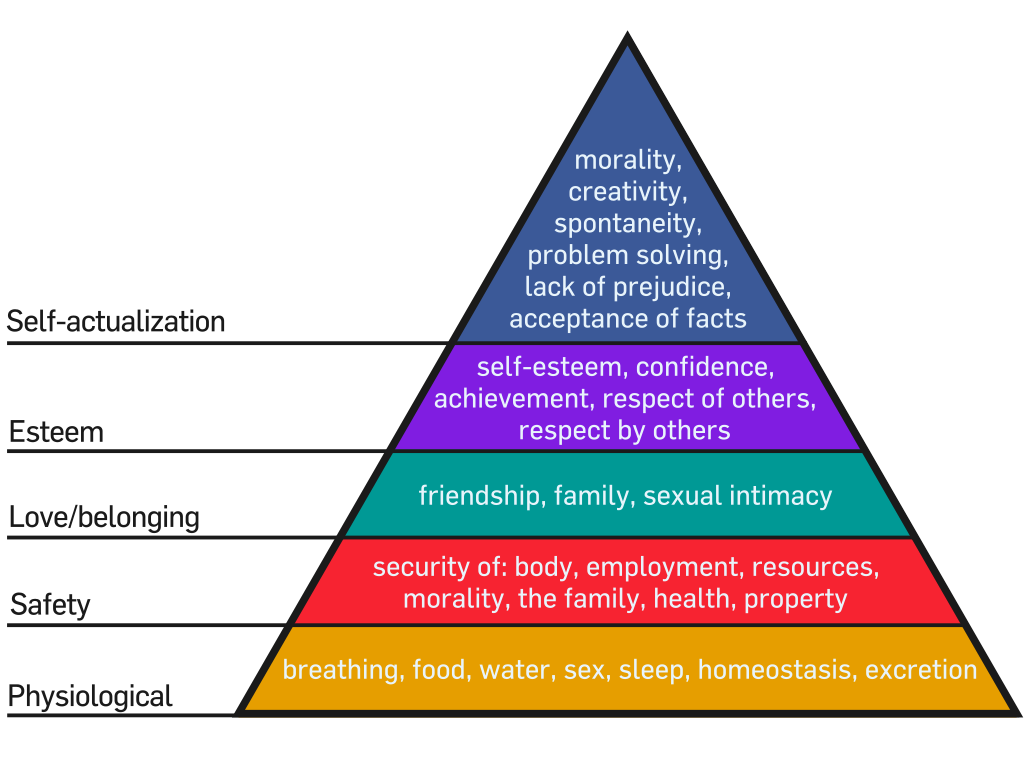
The Psychology of Greatness in Legendary Athletes
What defines greatness in legendary athletes? Beyond physical prowess and skill, their characters, mental resilience, and the ability to inspire transcend their technical achievements. The enduring legacies of individuals like Lionel Messi, Cristiano Ronaldo, Michael Jordan, and Muhammad Ali suggest a deeper interplay of psychological factors and societal constructs that elevate them from elite performers to cultural icons.
The Hypothesis: Character as the X-Factor
While physical talent is indispensable in sports, it is not unique. Thousands of athletes possess extraordinary skills, yet only a select few achieve lasting fame and admiration. A possible hypothesis is that character traits such as humility, resilience, and a relentless work ethic act as the “X-factor,” differentiating legends from other high-performing athletes. These traits, cultivated over time, align with principles from positive psychology, particularly the role of grit and growth mindsets in achieving excellence.
Theoretical Framework: Maslow’s Hierarchy and Self-Actualization
Abraham Maslow’s hierarchy of needs provides a compelling lens to examine the psychology of legendary athletes. While many athletes strive to meet their basic physiological and safety needs, those at the pinnacle of their fields often operate at the level of self-actualization. This stage involves fulfilling one’s potential and achieving a sense of purpose beyond oneself.
For instance, Messi’s humility and focus on teamwork suggest a self-actualized individual who prioritizes collective success over personal ego. Similarly, Ronaldo’s work ethic reflects a continual pursuit of excellence, a hallmark of those striving to transcend limitations. These traits might indicate a form of psychological self-actualization that manifests in their approach to the sport and life.
The Role of Adversity: The Resilience Hypothesis
Resilience, or the ability to adapt and recover from challenges, is another defining trait of legendary athletes. A psychological hypothesis could posit that exposure to adversity during formative years plays a pivotal role in developing this trait. Michael Jordan, famously cut from his high school varsity team, used this rejection as fuel to redefine his game. Similarly, Ken Roczen’s recovery from a catastrophic motocross injury involved not only physical rehabilitation but also an extraordinary display of mental strength.
The question arises: does overcoming adversity inherently foster resilience, or does resilience preexist, allowing individuals to navigate challenges more effectively? Studies in developmental psychology suggest a bidirectional relationship, where early adversity can either reinforce resilience or exacerbate vulnerability depending on contextual factors like support systems and intrinsic motivation.
Humility as a Counterintuitive Driver of Success
Humility, often seen as antithetical to competitive success, emerges as a surprising factor in the psychology of greatness. For instance, Messi’s understated persona and willingness to defer credit to his teammates challenge the stereotype of the arrogant superstar. Research in organizational psychology highlights that humble leaders foster collaboration and high-performing teams—principles that extend to team sports.
Could humility enhance performance by reducing ego-driven decision-making and promoting a focus on long-term goals? This hypothesis aligns with cognitive theories that suggest humility encourages openness to feedback and continuous learning, traits that are essential for sustained excellence.
The Social Construction of Greatness
Athletes do not exist in isolation; their legacies are co-constructed by societal narratives, media portrayal, and fan perception. Muhammad Ali, for instance, transcended boxing through his charisma, activism, and unapologetic self-expression. While his talent was undeniable, his character traits—courage, wit, and defiance—resonated with the socio-political climate of his era.
This raises a theoretical question: do societal values shape the attributes we associate with greatness, or do iconic athletes redefine societal norms? Ali’s story suggests a dynamic interaction, where societal needs and individual traits amplify each other, creating a feedback loop that cements a legacy.
Implications for Modern Athletes
Understanding the psychological underpinnings of legendary athletes has implications for contemporary sports psychology and talent development. If traits like humility, resilience, and work ethic are integral to greatness, should they be nurtured alongside technical skills? Emerging research supports the idea that mental conditioning, including mindfulness and emotional intelligence training, enhances not only performance but also the athlete’s ability to cope with the pressures of fame and competition.
A Closing Thought: The Mythology of the Modern Athlete
The psychology of legendary athletes suggests that greatness is more than a sum of victories, records, or accolades. It is an intricate tapestry woven from personal traits, psychological resilience, and societal narratives. Athletes like Messi and Ronaldo, celebrated not just for their skills but for their humility and relentless drive, remind us that human potential is as much a matter of the mind and spirit as it is of the body.
In the end, the legends of sport are more than role models—they are reflections of our collective aspirations, embodying the virtues we admire and the resilience we wish to cultivate within ourselves.
